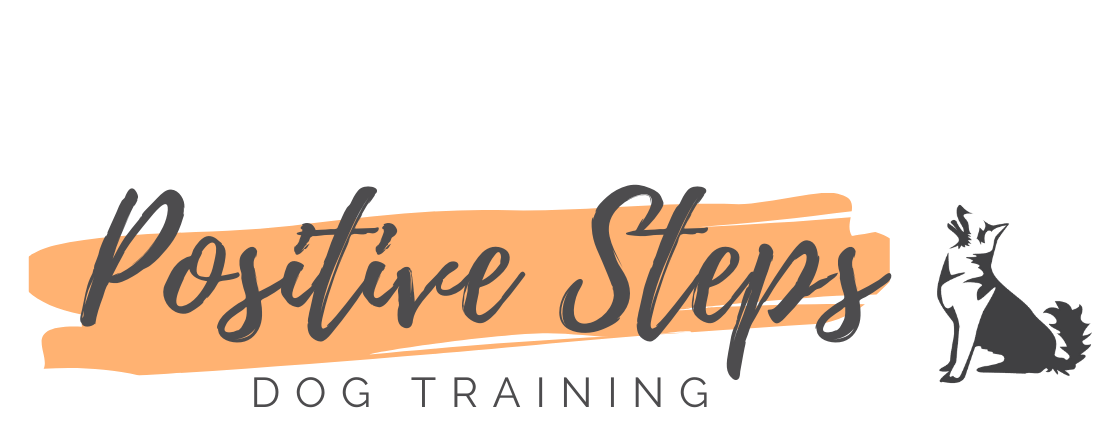
If you’re having trouble getting your dog to settle down in the evening, the first step to resolving this is to determine WHY they are not settling. There isn’t always one root cause for restlessness in dogs, so it is important to consider which factors may be contributing to your dog’s inability to settle:
- Not enough physical activity – this is one of the most common (and easily resolved) problems that will lead to a restless dog. If your dog isn’t getting the appropriate amount of exercise for its age and breed, there’s a good chance the build up of energy is causing restlessness and problem behaviours indoors!
- Not enough mental stimulation – although you may be taking your dog out for hours and providing lots of physical exercise, if you also aren’t working your dog mentally, this can result in a very lively, bored and restless dog! Mental stimulation, as well as physical exercise, is a vital aspect to our dogs general wellbeing, which can help reduce problem behaviours.
- Diet – the time of day your dog is fed, as well as the quality of food, can also be factors contributing to restlessness. For example, you would never give a child their meal right before bed and expect them to fall asleep, and the same goes for our dogs. Also, be sure the quality of your dog’s food is high, avoiding kibble that may be full of sugar and soluble carbohydrates. Unsure of what to feed your dog? Seek the help of a professional canine nutritionist or speak with your vet.
- Anxiety – anxiety and stress are powerful forces that can prevent our dogs from being able to settle down and sleep. If your dog is showing signs of anxiety, such as pacing and panting, you must determine the trigger for the anxiety and enlist the help of a professional canine trainer and behaviourist.
Having considered which factors may be playing a part in your dog’s restlessness, now we can take a look at what we can do to help our dogs relax more.
Walks
The duration of a walk is not always as important as the quality of a walk. For example, walking a dog for a solid hour on the lead may not tire them out as much as 30 minutes off-lead running. Consider your dogs breed, age and energy levels, and make sure you are providing ample physical exercise to allow your dog to release their energy!
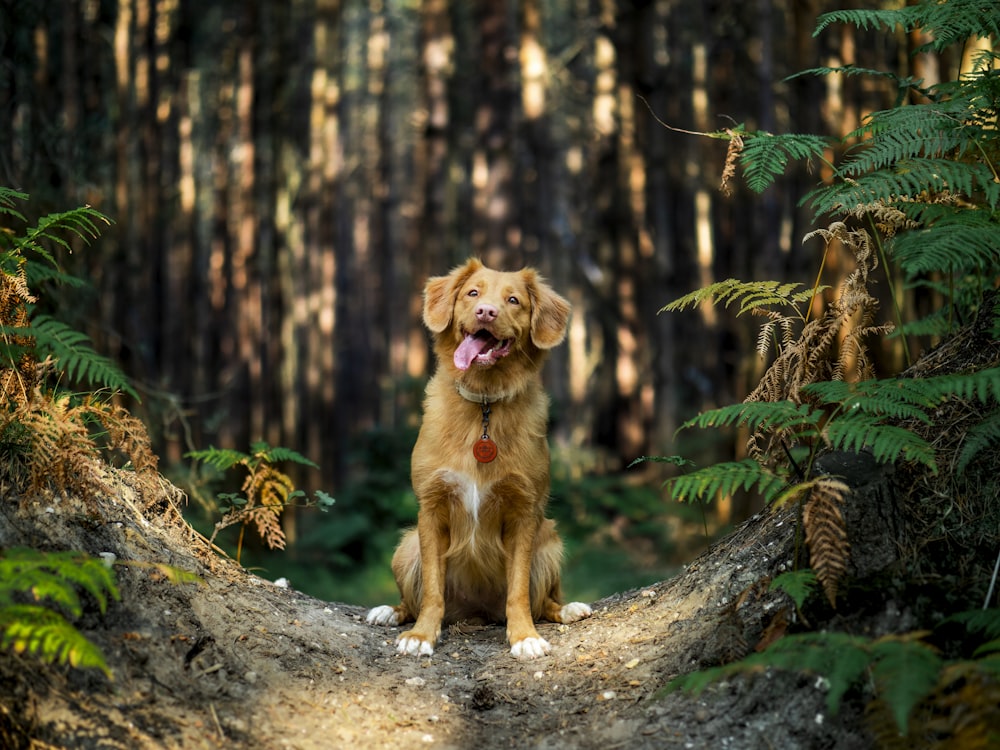
Sniffing/sniffer training
A dog’s nose is designed to smell, with millions of olfactory receptors, so scent is vital for a dog to understand its environment. Sniffing is a great way to provide mental enrichment for your dog, so allowing your dog to stop and sniff on your walks is a great way to engage their brains as they process the smells, providing that much needed mental stimulation that can help calm our energetic dogs! You can also incorporate sniffer games into your dogs daily routine, such as throwing treats into the grass or hiding toys. If you’re looking for more advanced sniffer training, ask a professional trainer for help!
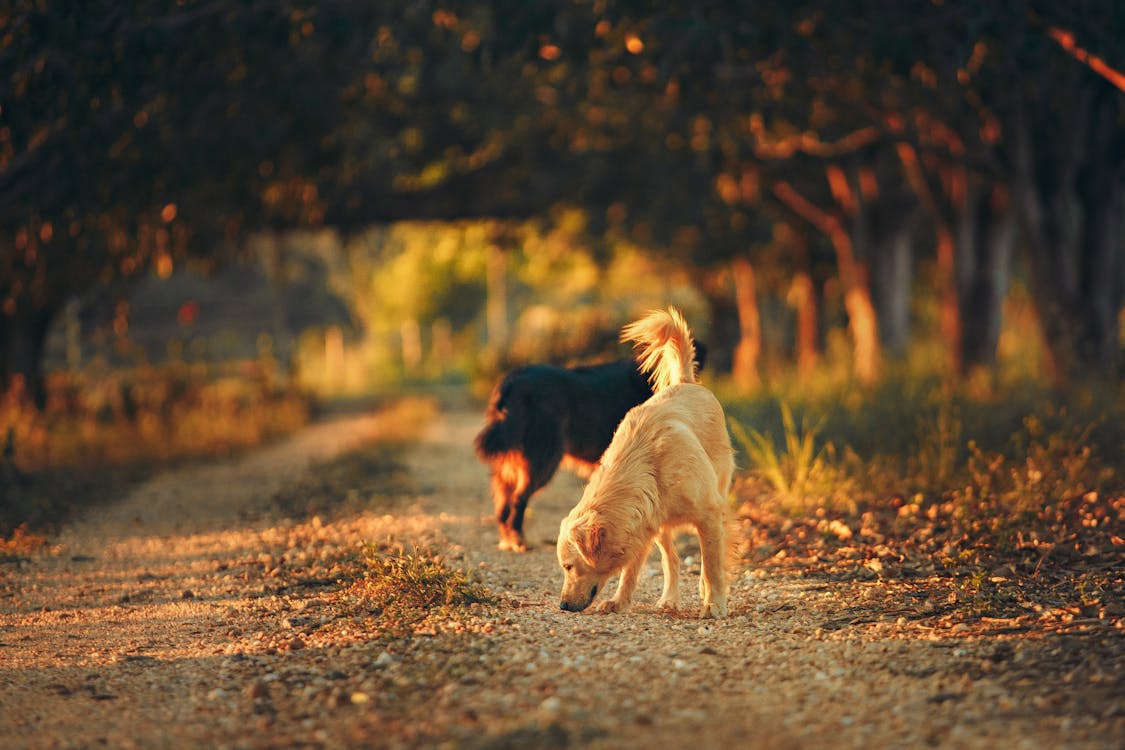
Play Games
Our dogs are social creatures, and they love to interact with us. Ensure you are making time to engage in play with your dog, as not only is this a great way to tire them out, it is also great for bond building. If you’re unsure of what type of games you can play with your dog, take a look at our previous blog post for ideas: http://positivestepsdogtraining.co.uk/10-indoor-games-to-play-with-your-dog/
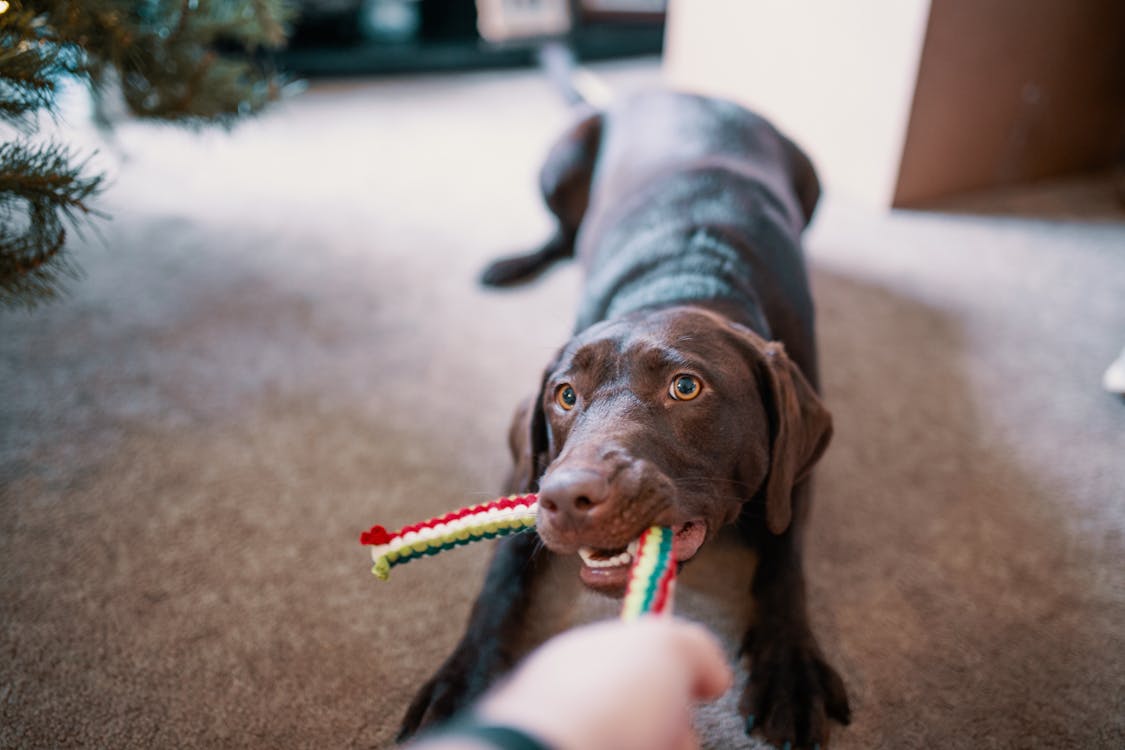
Training
Training your dog is another fantastic way to tire them out both physically and mentally, and is a vital aspect of owning a dog. Dogs love to learn new things, and by keeping the training sessions short and fun, your dog will absolutely love to engage with you. Teaching basic obedience to your dog, such as basic cues (sit, stay, drop, leave, down), leash walking and recall are great areas to begin and are the absolute basics for any dog to learn.
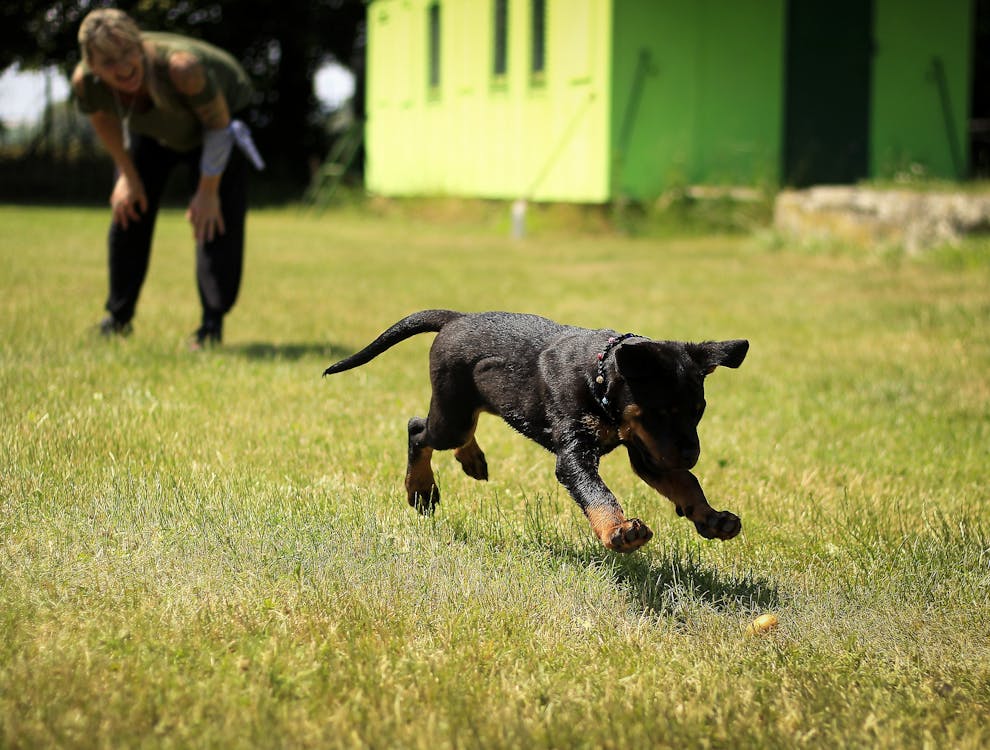
Enrichment Toys
Providing appropriate, stimulating toys for your dog, such as lickimats, Kongs and snuffle mats, is a great way to keep your dog occupied and allow them to engage their brains while also settling down. A great option is to fill a Kong with natural yoghurt and freeze it, which will ensure it lasts longer and will keep your dog working harder! Think about providing this to your dog after telling them to get into their bed, so they can associate their bed with receiving something positive while relaxing.
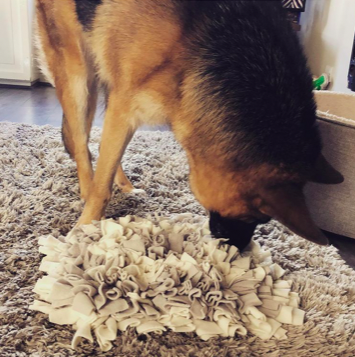
Give Them Their Own Space
Make sure your dog has a certain safe area where they can take themselves, such as a bed or a crate, where they will not be disturbed by anybody in the family. If a dog doesn’t have this space to go and lie down, they may struggle with controlling the impulse to play all of the time.
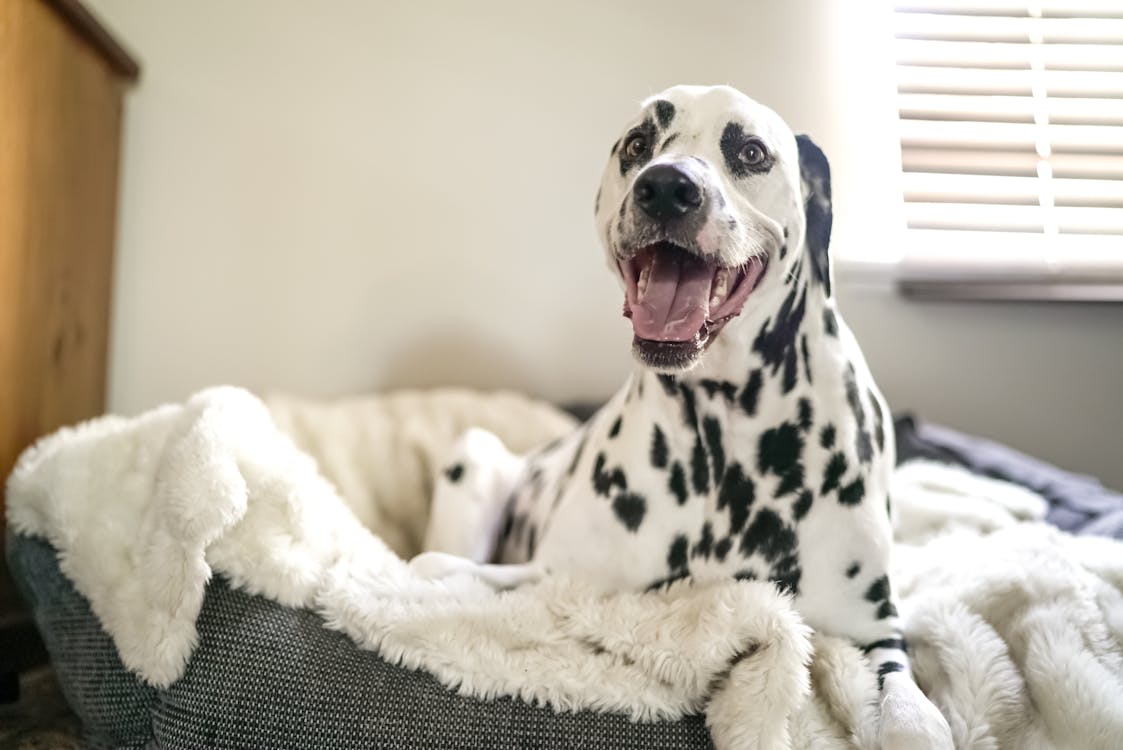
Train Your Dog to Settle
Despite providing all of the above, some dogs need a little extra help and guidance when it comes to settling down in the evening. We can train our dogs to settle down, relax and have their own time, and we can implement cues like ‘go settle’ or ‘go to bed’ to help us in certain situations, such as when you have guests or while you’re making dinner. This is a systematic process and we would always advise asking a professional for help and guidance.
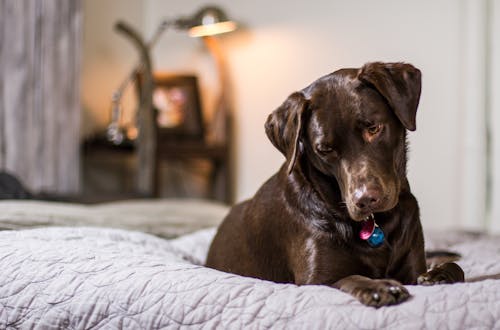
Avoid Reinforcing the Wrong Behaviours
Many of us become so frustrated with our demanding dog that we try to engage in play, we shout or we try to distract a dog that is barking or whining for attention. By doing this, you only end up teaching the dog that barking will always get your attention! Be sure to only reward calm behaviour.
Get Help
There is a lot of contradictory training information on the internet, not all of it written by a qualified professional. Nothing can beat the help of an expert, so if you’re unsure and would like more help, please get in touch!
